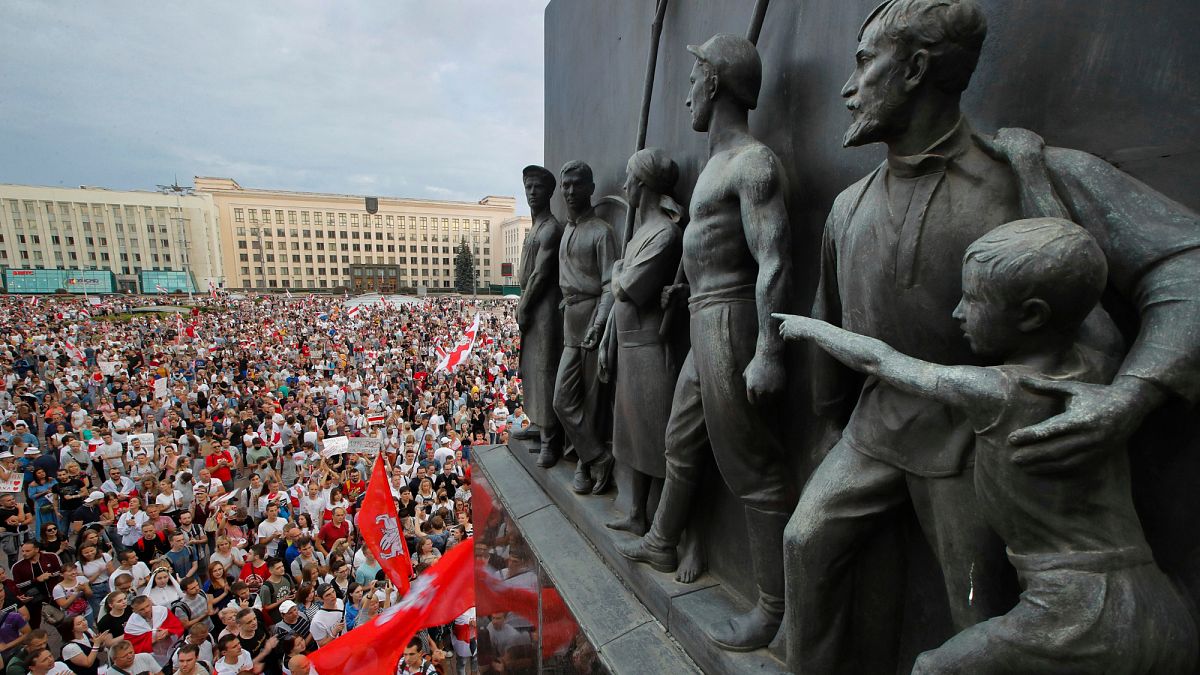Daylight saving officially ends overnight, so don’t forget to put your clocks back an hour before you go to bed.
Daylight savings ends at 3am on Sunday — the first Sunday in April — and while some devices adjust time automatically, many clocks will still need to be changed manually.
Clocks will go forward again at 2am on September 28, 2025.
Fire and Emergency are also reminding people to check their smoke alarms.
“When you see the clocks have gone back, make sure you push the button on each of your smoke alarms,” community education manager Tom Ronaldson said.
“That beep is the sound of knowing you and your household can sleep safe at night.
“When you’re asleep, you can’t smell smoke, but smoke alarms can and they’ll wake you up if a fire gets started – so you can get out fast.”
The arrival of colder weather brings a spike in the number of house fires caused by heat sources “so having a working smoke alarm is even more essential right now”, Ronaldson said.
The Conversation reported that the basic premise for daylight savings was created by Kiwi entomologist George Hudson.
“Afternoon daylight is more useful than early morning daylight, so we ‘borrow’ an hour. In the winter, we return the hour to the morning, so we can wake up closer to dawn.”
Around 70 countries currently observe daylight saving time, usually those who are closer to Earth’s poles and more at the mercy of seasonal variation in daylight hours.
Fire and Emergency has more helpful information about smoke alarms here.













